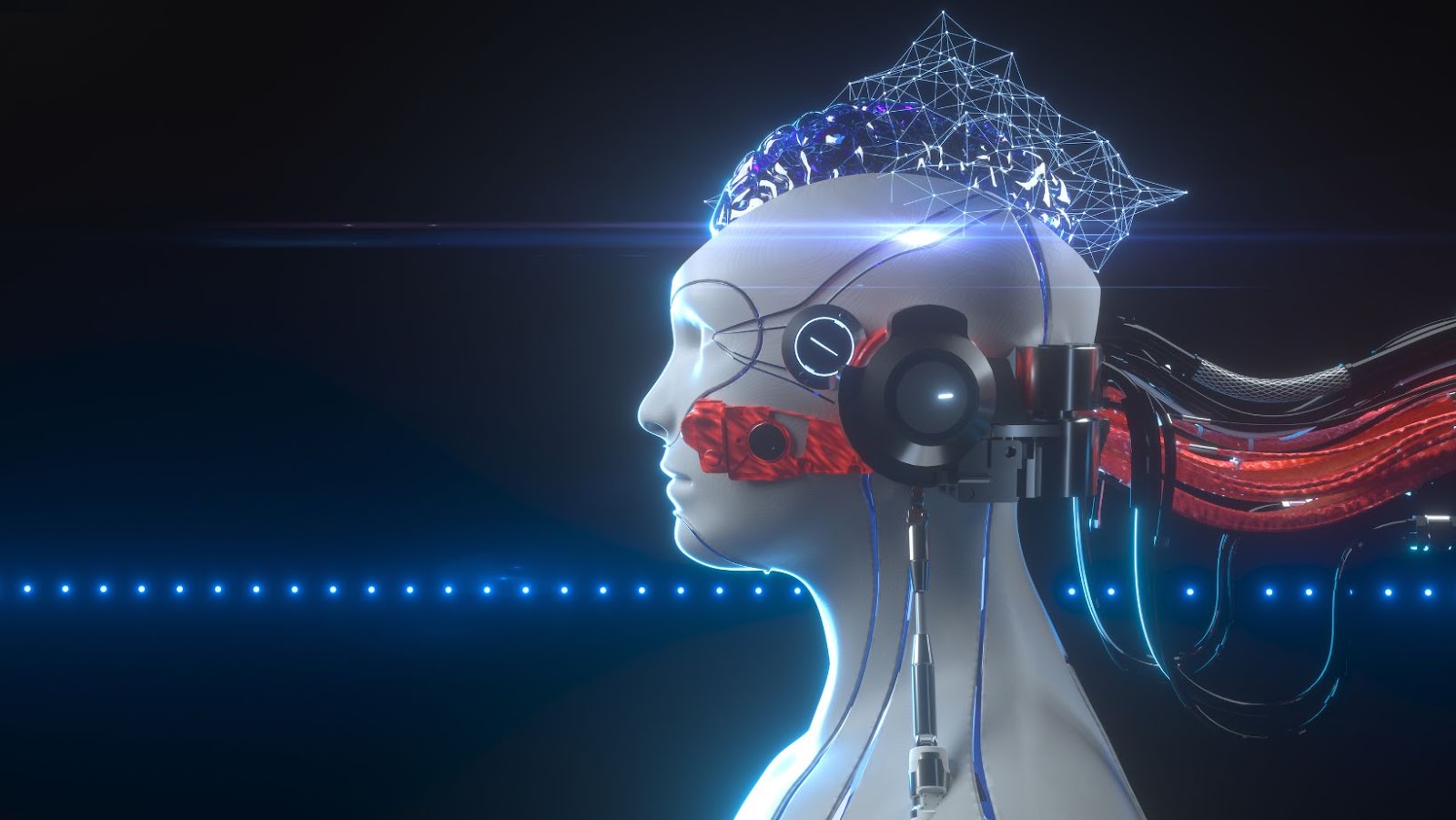Struggling to keep up with the rising impacts of climate change? You’re not alone. Fortunately, Sofar Ocean, an ocean intelligence platform, has raised a $39M series B funding to help industries mitigate and adapt to the ever growing global climate crisis.
Read on to find out how the platform can help businesses tackle climate change head on.
As Climate Change Impacts Major Industries Globally, Sofar Ocean Secures $39M Series B to Accelerate its Ocean Intelligence Platform to Drive Climate Mitigation and Adaptation
Climate change is one of our most pressing global challenges, with industries facing increasing risks of climate-related disasters and impacts on their operations and assets. Coastal populations, particularly in developing countries, are among the most vulnerable to these severe effects of climate change such as sea-level rise and increasingly frequent extreme weather events such as floods. Climate adaptation is necessary to ensure our societies are resilient to these impacts. At the same time, ambitious strategies must be implemented to mitigate future climate change by reducing greenhouse gas emissions that contribute to warming.
Sofar Ocean’s platform offers a combination of novel data sets, predictive analytics and visualisation capabilities aimed at helping companies adequately prepare for climate change risks and initiate adaptation efforts on local levels in real time. By leveraging advances in machine learning, IoT technologies and satellite imagery optimization, Sofar Ocean enables companies to visualise relevant natural hazard risk exposure data and detect ongoing events with precision. This facilitates rapid management responses and predictive mitigation strategies to minimise or avoid risk altogether before serious harm is done.

Simultaneously, accurate surface temperature monitoring offers valuable insights into surface temperature variation over time which can help identify target areas engaging in effective emission reduction activities. Combined with the platform’s simulation capabilities – requiring only minimal user input – this helps organisations promote carbon reduction initiatives by changing resource consumption patterns within their value chain network accordingly. Ultimately, this helps drive sustainable growth while keeping both bottom line impacts and overall environmental footprints to a minimum.
Sofar Ocean Secures $39M Series B
Sofar Ocean, a company looking to use artificial intelligence (AI) and robots to understand the sea, has announced that it has secured $39 million in Series B funding. The round was led by Horizons Ventures and joined by Atlantis Capital Venture, Mirai Creation Fund, Pangaea Ventures, Oceans Ventures and existing investors. The new funds will continue the growth of Sofar Ocean’s platform for marine science and exploration.
This investment supports Sofar Ocean’s mission information by providing transformative insights about our oceans – data enabling us to better understand and address climate change. With its platform for near real-time ocean monitoring, Sofar Ocean enables decision makers everywhere to start making informed decisions about how best to mitigate climate change impacts such as rising sea levels or changing marine habitats.
Building upon this success in ocean monitoring capabilities, Sofar Ocean is now leveraging AI technologies on board its autonomous vessels – which collect oceanic data and video – to identify marine life and connect with local communities supporting sustainable fisheries management practices. By empowering these communities with locally meaningful oceanic insights they can better mitigate fishing activities threatening vital ecosystems while also enabling sustainable resource management practices that help preserve biodiversity – further mitigating global climate change impacts and driving actionable solutions towards adaptation processes in areas most at risk from rapidly evolving climatic fluctuations.
What is Sofar Ocean’s Ocean Intelligence Platform?
Sofar Ocean’s Ocean Intelligence Platform is a suite of products and services developed to make the ocean more accessible, efficient, and transparent. The platform provides actionable insights into environmental conditions, wind and wave trends, maritime traffic, aggregate data analytics, real-time scouting reports, ocean currents impact simulations, and more.

The Ocean Intelligence Platform pushes the boundaries of how industries interact with coastal ecosystems by providing crucial data insights that can drive decisions toward climate change mitigation and adaptation. Sofar Ocean’s technology offers detailed analysis of how industries interact with their surroundings – such as tank cleaning operations, port congestion levels and shore power impacts – to enable better navigation towards a sustainable future while providing industry professionals the data they need to make effective decisions at any stage.
The core of this platform is based on Model Predictive Control (MPC) algorithms combined with AI/ML models which are continuously improved through machine learning from real-time autonomous sensor observations and can be integrated with off-the-shelf tools for powerful operational optimization. With the data collected by autonomous vessels and shore monitoring units shaping the basis for future decision making capabilities, we come closer than ever before towards a greener coastal environment allowing us to limit our negative impact on our oceans efficiently.
How Will Sofar Ocean’s Platform Drive Climate Change Mitigation?
Sofar Ocean’s platform will contribute to climate change mitigation and the health of our ocean in several ways. First, the data and insights they provide can be used to better target research efforts and informed decision-making, thereby helping us reduce greenhouse gas emissions from crucial activities like fishing and aquaculture, oil & gas exploration, shipping, and coastal development.
Sofar Ocean’s platform can also help identify risk areas for regional management plans focusing on ecological protection. By monitoring physical variables within the ocean – like water temperature, pH levels and salinity – the platform can measure how ecosystems change due to environmental stressors such as acidification or altered currents caused by climate change. This helps inform decisions around tackling these ecological challenges, which is critical for building resilience in human communities that rely on the oceans for sustenance and species that inhabit marine environments.
Finally, agencies working to meet ambitious emission reduction goals can leverage data from Sofar Ocean’s platform to improve their strategies—from better design of carbon capture technologies and renewable energy infrastructure, to improved experimental approaches for carbon extraction.
How Will Sofar Ocean’s Platform Drive Climate Change Adaptation?
Climate change is a complex, global problem that needs to be addressed through a multi-faceted approach. Sofar Ocean’s platform provides the tools and data necessary to help drive both climate change adaptation and mitigation strategies.
The platform offers analysis of ocean conditions including currents, winds, waves, salinity, acidity, temperature and pollution levels. This comprehensive dataset enables users to accurately predict future environmental conditions and plan accordingly. This data can be used for decision-making in coastal infrastructure development, marine protected area management, conservation efforts, aquaculture plans and sustainable fisheries initiatives.
Sofar Ocean’s platform allows users to explore scenarios based on real-time environmental information to create more inclusive approaches to responding to climate change impacts. This includes identifying opportunities for large-scale initiatives such as green infrastructure projects or policy initiatives and local community-based strategies such as mangrove restoration programs or promoting sustainable fishing practices.
In addition to providing users with a comprehensive set of data on ocean conditions, the platform also provides access to visualisation tools that can be used for outreach and educating key stakeholders about climate change related issues and their solutions. By sharing this information more widely, there is greater potential for collaboration between stakeholders, which can lead to faster progress in adapting existing systems to reduce our risk from climate change-related impacts.
What Are the Benefits of Sofar Ocean’s Platform?
Sofar Ocean’s Platform is a sustainable tech that uses data and technology to promote actionable ocean knowledge, which in turn helps to drive climate change mitigation and adaptation. This platform offers several key benefits, such as providing valuable insights about the ocean’s current state, forecasting potential threats to the ecosystem and recognizing emerging trends.
The platform leverages high-resolution data from satellites and other sources to create detailed maps of the ocean’s physical conditions in near real-time. Through these maps, users can understand how changes in global temperatures or ocean currents will affect global industry and shipping over time. The platform also provides insights on warming trends that could lead to coral bleaching events or rising sea levels.

Furthermore, through detailed mapping capabilities and machine learning algorithms, Sofar Ocean’s Platform can recognize emerging trends such as algal blooms and their impacts on marine ecosystems or fisheries. Based on this analysis, users can gain insight into managing resources like fishing grounds or aquaculture operations more efficiently and effectively to influence greater sustainability in our planet’s oceans.
The platform also features predictive modelling capabilities that accurately identify long-term climate impacts such as rising sea levels due to melting ice caps or evolving oceanic currents associated with changing atmospheric pressures. With this information at their fingertips, users can devise plans for coastal protection, efficient shipping lanes management and other measures that could help countries throughout the world prepare for potential weather-related disasters before they happen.



